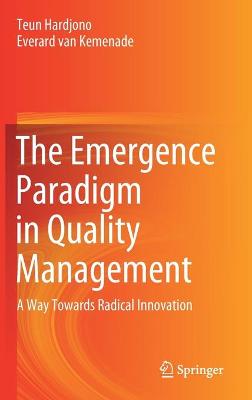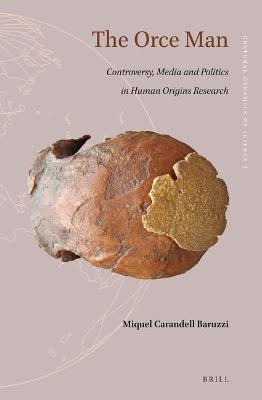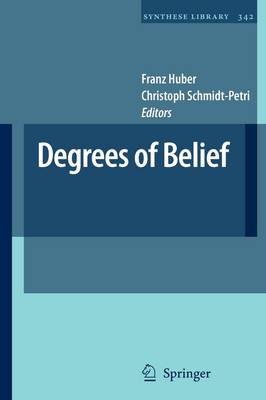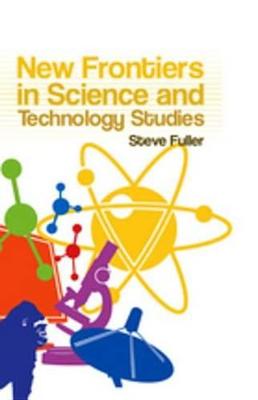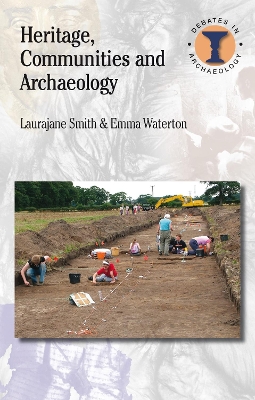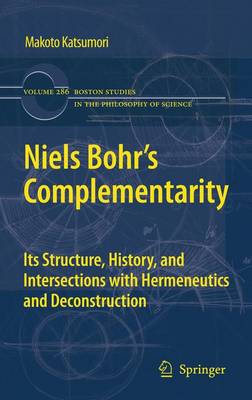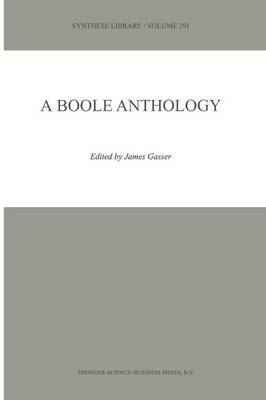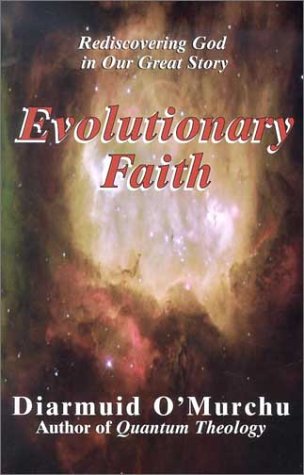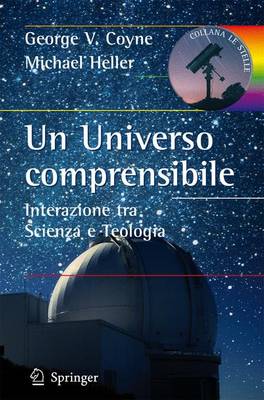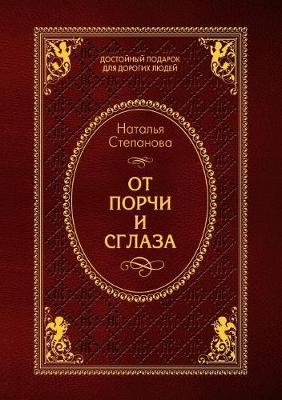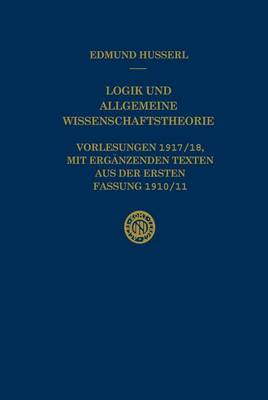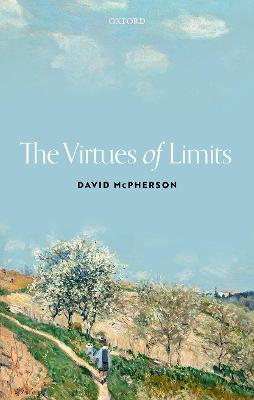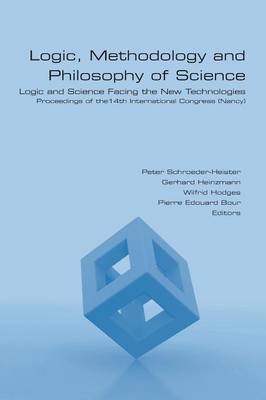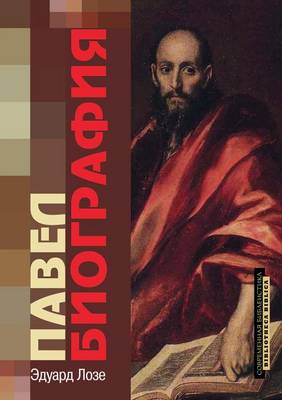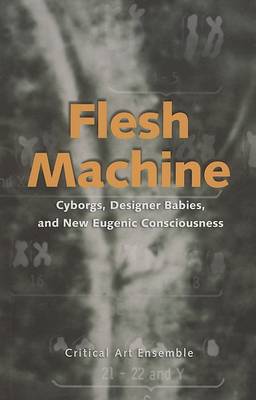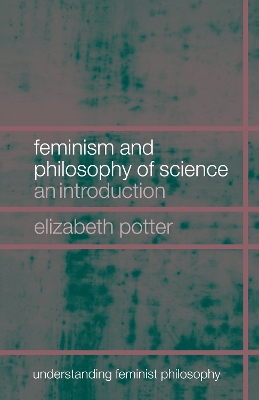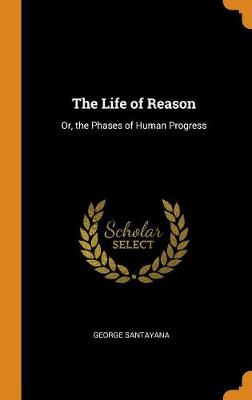The Emergence Paradigm in Quality Management
by Teunis Willem Hardjono and Everardus Antonius van Kemenade
This book is focused on quality management, and four different lenses which can be used to explore the phenomenon. It introduces emergence as a paradigm in thinking about quality, and explores conditions which are beneficial to radical innovation. The Emergence Paradigm in Quality Management provides an overview of the existing movements in thinking about quality, and discusses why these movements in fact represent paradigms. Three paradigms, the Empirical Paradigm, the Reference Paradigm and t...
The Orce Man (Cultural Dynamics of Science, #3)
by Miquel Carandell Baruzzi
In The Orce Man: Controversy, Media and Politics in Human Origins Research, Miquel Carandell presents a thrilling story of a controversy on an Spanish "First European" that involved scientists, politicians and newspapers. In the early 1980s, with Spanish democracy in its beginnings, the Orce bone was transformed from a famous human ancestor to an apparently ridiculous donkey remain. With a chronological narrative, this book is not centered on whether the bone was human or not, but on the circums...
Degrees of Belief (Synthese Library, #342) (Synthese Library (Paperback), #342)
This book has grown out of a conference on "Degrees of Belief" that was held at the University of Konstanz in July 2004, organised by Luc Bovens, Wolfgang Spohn, and the editors. The event was supported by the German Research Fo- dation (DFG), the Philosophy, Probability, and Modeling (PPM) Group, and the CenterforJuniorResearchFellows(since2008:Zukunftskolleg)attheUniversityof Konstanz. The PPM Group itself - of which the editors were members at the time - was sponsored by a So a Kovalevskaja A...
Steve Fuller has a reputation for setting the terms of debate within science and technology studies. In his latest book, New Frontiers in Science and Technology Studies he charts the debates likely to be of relevance in the coming years. *Should science and technology be treated as separate entities?*What impact has globalization had on science and technology? *Can science be clearly distinguished from other forms of knowledge? *Does the politicization of science really matter? *Is there a...
Heritage, Communities and Archaeology (Duckworth Debates in Archaeology)
by Laurajane Smith and Emma Waterton
This book traces the development of 'community archaeology', identifying both its advantages and disadvantages by describing how and why tensions have arisen between archaeological and community understandings of the past. The focus of this book is the conceptual disjunction between heritage and data and the problems this poses for both archaeologists and communities in communicating and engaging with each other. In order to explain the extent of the miscommunication that can occur, the authors...
This book explores the modern physicist Niels Bohr's philosophical thought, specifically his pivotal idea of complementarity, with a focus on the relation between the roles of what he metaphorically calls "spectators" and "actors." It seeks to spell out the structural and historical complexity of the idea of complementarity in terms of different modes of the 'spectator-actor' relation, showing, in particular, that the reorganization of Bohr's thought starting from his 1935 debate with Einstein a...
How can we invent new certain knowledge in a methodical manner? This question stands at the heart of Salomon Maimon's theory of invention. Chikurel argues that Maimon's contribution to the ars inveniendi tradition lies in the methods of invention which he prescribes for mathematics. Influenced by Proclus' commentary on Elements, these methods are applied on examples taken from Euclid's Elements and Data. Centering around methodical invention and scientific genius, Maimon's philosophy is unique i...
Scientific Papers and Presentations. Effective Communication Skills in Science.
by MS Martha F Davis
A Boole Anthology (Synthese Library, #291)
Modern mathematical logic would not exist without the analytical tools first developed by George Boole in The Mathematical Analysis of Logic and The Laws of Thought. The influence of the Boolean school on the development of logic, always recognised but long underestimated, has recently become a major research topic. This collection is the first anthology of works on Boole. It contains two works published in 1865, the year of Boole's death, but never reprinted, as well as several classic s...
Evolutionary Faith: Rediscovering God in Our Great Story
by O'Murchu,Diarmuid
От порчи и сглаза
by Н. И. Степанова
Logik Und Allgemeine Wissenschaftstheorie (Husserliana: Edmund Husserl - Gesammelte Werke, #30)
by Edmund Husserl and Ursula Panzer
Veroeffentlicht wird in dem vorliegenden Husserliana-Band die letzte Textfassung einer Vorlesung, die Husserl erstmals im Wintersemester 1910/11 unter dem Titel `Logik als Theorie der Erkenntnis' gehalten hat. Aufbauend auf dem in seinen Vorlesungen `Einleitung in die Logik und Erkenntnistheorie' von 1906/07 (Husserliana XXIV) und `Grundprobleme der Ethik' (Husserliana XXVIII) Erarbeiteten, entfaltet Husserl in der hier veroeffentlichten Vorlesung von 1910/11 die allgemeine Idee der Wissenschaft...
Human beings seek to transcend limits. This is part of our potential greatness, since it is how we can realize what is best in our humanity. However, the limit-transcending feature of human life is also part of our potential downfall, as it can lead to dehumanization and failure to attain important human goods and to prevent human evils. Exploring the place of limits within a well-lived human life this work develops and defends an original account of limiting virtues, which are concerned with re...
Logic, Methodology and Philosophy of Science. Logic and Science Facing the New Technologies
This study draws on both the history and philosophy of science in discussing the inter-relationship of religion and science. The central feature of this book is a series of case studies (on Galileo, Darwin and Hawking), which Phil Dowe describes and analyzes philosophically to show relations between religion and science. The book is distinctive in taking a philosophical approach and should be of interest to anyone studying the philosophy of religion. The main three philosophers covered are Galil...
Feminism and Philosophy of Science (Understanding Feminist Philosophy)
by Elizabeth Potter
Reflecting upon the recent growth of interest in feminist ideas of philosophy of science, this book traces the development of the subject within the confines of feminist philosophy. It is designed to introduce the newcomer to the main ideas that form the subject area with a view to equipping students with all the major arguments and standpoints required to understand this burgeoning area of study. Arranged thematically, the book looks at the spectrum of views that have arisen in the debate. I...
Comparing the lived world with the ideal world, noted American philosophical naturalist, poet, and literary critic George Santayana (1863-1952) seeks in this influential compilation of his earlier works to outline the ancient ideal of a well-ordered life, one in which reason is the organizing force that recognizes the need to allocate science, religion, art, social concerns, and practical wisdom their proper role and appropriate emphasis within the fully developed human experience.
